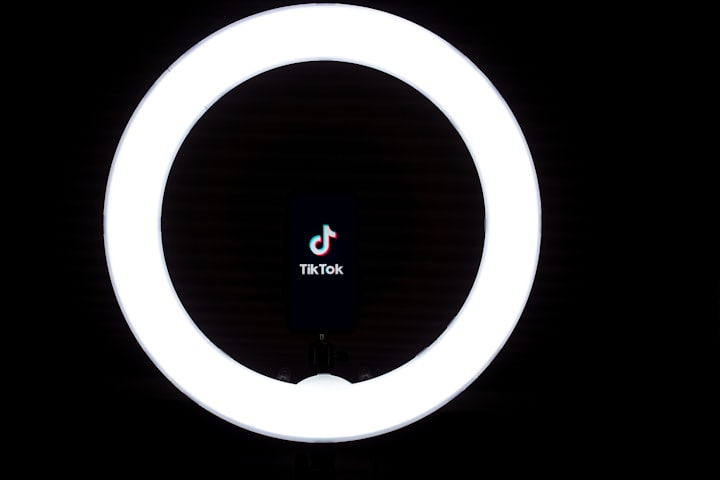
Laughter is a natural physiological response characterized by a series of audible sounds or facial expressions that typically occur in response to something funny, amusing, or humorous. It is a universal human behavior that transcends cultural and linguistic barriers, serving as a form of communication and social bonding.
Laughter involves the activation of several muscles, including those in the face, chest, and abdomen, resulting in distinctive sounds such as chuckling, giggling, or roaring. It often accompanies positive emotions, such as joy, amusement, or happiness, and can be contagious, causing others to laugh as well.
Beyond its role in humor, laughter also has numerous psychological and physiological benefits. It can promote stress relief, improve mood, boost the immune system, and enhance social connections. It is considered an important aspect of human interaction and plays a significant role in maintaining mental and emotional well-being.
The saying "laughter is the best medicine" suggests that laughter has beneficial effects on a person's physical and emotional well-being. While laughter may not be a cure-all for every ailment, it does have several potential health benefits:
Physical benefits: Laughter can stimulate various bodily systems, including the cardiovascular, respiratory, and immune systems. It can increase heart rate and oxygen intake, leading to improved blood flow and relaxation of blood vessels. Laughter has also been shown to boost immune function by increasing the production of antibodies and activating immune cells.
Stress reduction: Laughter has a powerful stress-reducing effect. It can help lower levels of stress hormones like cortisol and trigger the release of endorphins, which are natural feel-good chemicals in the brain. Laughing can promote relaxation, ease tension, and alleviate anxiety and stress-related symptoms.
Pain relief: Laughing may have pain-relieving properties. It can stimulate the release of endorphins, which act as natural painkillers. Additionally, laughter can distract from physical discomfort, reducing the perception of pain.
Emotional well-being: Laughter is closely tied to positive emotions. It can improve mood, increase happiness, and provide a sense of joy and contentment. Laughing with others can enhance social connections, strengthen relationships, and create a sense of belonging and shared experiences.
Mental health benefits: Laughter has been linked to improved mental health outcomes. It can help reduce symptoms of depression and anxiety, improve resilience, and enhance overall psychological well-being. Laughing can also provide a temporary escape from negative thoughts and promote a more positive mindset.
While laughter should not replace proper medical treatment, it can complement other therapies and contribute to overall health and well-being. Incorporating laughter into daily life through humor, comedy, or spending time with people who make you laugh can be a valuable addition to a healthy lifestyle.
Certainly! Here are a few more aspects of how laughter can benefit individuals:
Relationship enhancement: Laughing together can strengthen bonds between individuals and enhance relationships. Sharing humorous experiences or engaging in playful banter can foster a sense of connection, improve communication, and create a positive and enjoyable atmosphere.
Increased resilience: Laughter can contribute to greater resilience in dealing with life's challenges. It helps individuals maintain a more optimistic outlook, cope with stressors, and bounce back from difficult situations. The ability to find humor even in tough times can provide a fresh perspective and a sense of hope.
Cognitive benefits: Laughing can have positive effects on cognitive function. It has been linked to improved creativity, problem-solving abilities, and memory. Additionally, humor and laughter can facilitate learning by making information more engaging and memorable.
Social icebreaker: Laughter serves as a social lubricant and can break down barriers in social interactions. It can help create a relaxed and comfortable atmosphere, making it easier to connect with others, build rapport, and initiate conversations.
Energizing effect: Laughing can boost energy levels and combat feelings of fatigue or boredom. It provides a natural burst of vitality and can revitalize both the body and mind. Incorporating humor and laughter into daily routines can help maintain a more energized and positive outlook.
It's important to note that while laughter has many potential benefits, it may not be appropriate or helpful in every situation. It's crucial to be sensitive to individual preferences and circumstances when using humor or laughter as a means of support or communication.
In conclusion, laughter is a powerful and natural human response that brings numerous benefits to our physical, emotional, and social well-being. It has been aptly described as "the best medicine" due to its positive impact on our health and overall quality of life.
Physically, laughter can improve cardiovascular health, boost the immune system, and provide pain relief. It also has significant psychological benefits, such as reducing stress, improving mood, and promoting mental well-being. Laughing together enhances social connections, strengthens relationships, and creates a sense of belonging and shared experiences.
While laughter should not replace medical treatment, it can complement other therapies and contribute to a holistic approach to health. Incorporating humor and laughter into our lives can help us cope with challenges, enhance our relationships, and promote a positive and resilient mindset.
So, let's embrace the power of laughter, seek out moments of humor and joy, and share laughter with others to experience the wide-ranging benefits it offers.





Comments
There are no comments for this story
Be the first to respond and start the conversation.